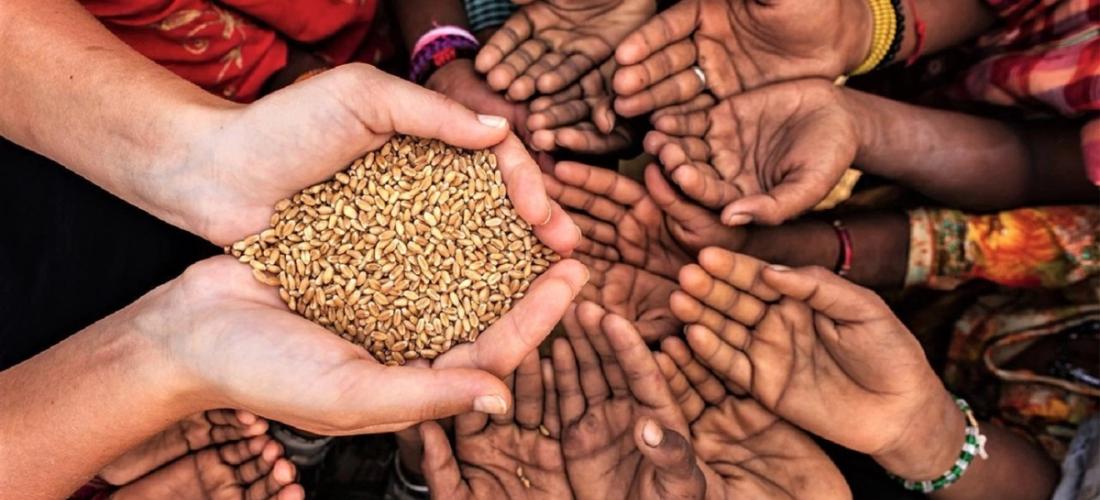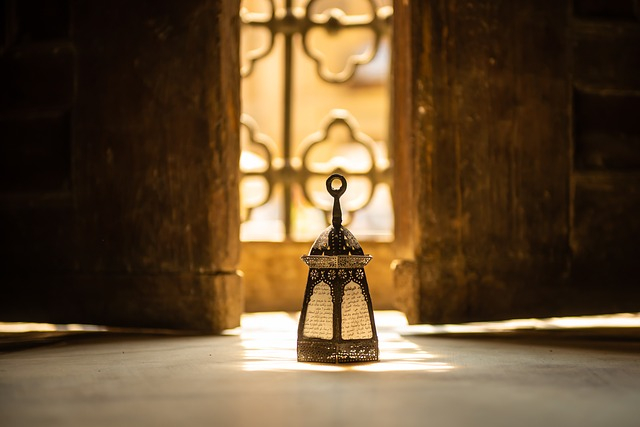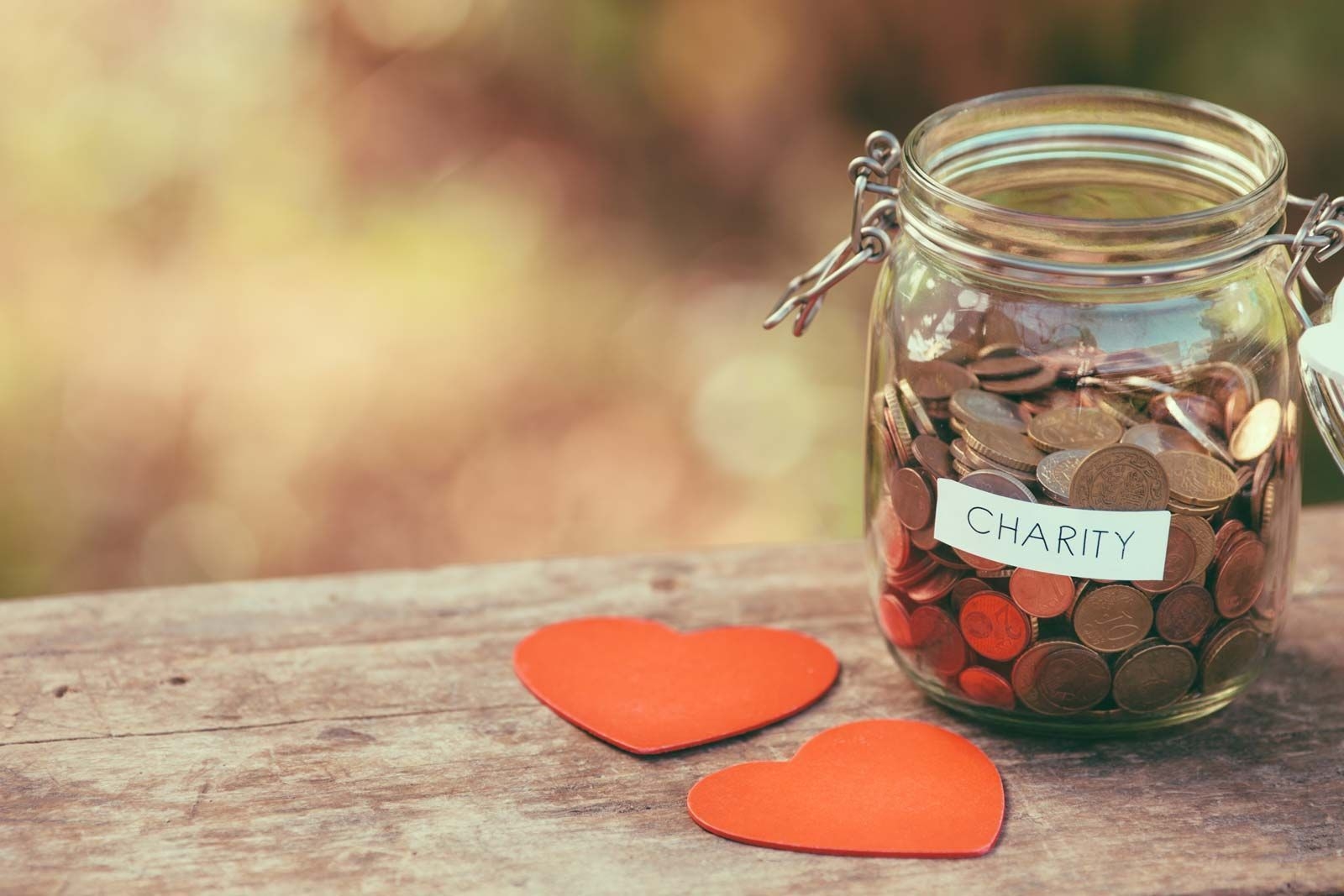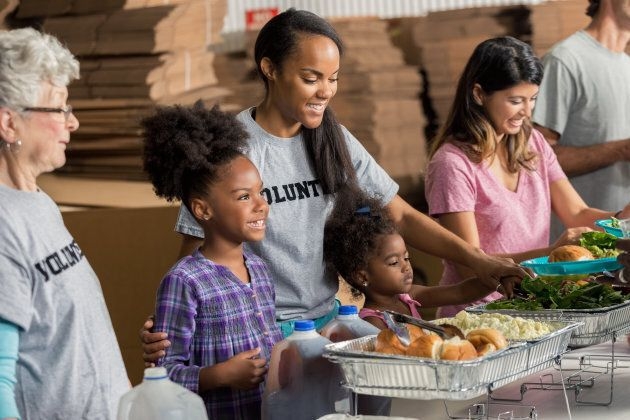The More We Give, the Better We All Are – On Ramadan Giving and Abundance Thinking
Community
|
Mar 27, 2023
|
6 MIN READ

Image soure: LinkedIn
By Roohi Younus
It’s 2020, and we are experiencing the first wave of the pandemic when the doors of all non-essential businesses are closed. Ramadan is here, an increased time of giving when most Muslim-led nonprofits receive a majority of their funding for the year. However, there is nowhere to physically go and fundraise.
A national advocacy and service organization based in Chicago strategizes on how to make the most of this unique situation. Through a myriad of innovative organizing and physically distant methods, this group meets its fundraising goal well before the close of the month of Ramadan. After feeling overcome with relief and gratitude, this organization decides to give back. They elevate four other non-profits, who are also seeking to meet their fundraising goals, on their email list, imploring their constituents to learn about them and consider donating.
This story from the Community Collaboration Initiative impressed me for the way in which Ramadan connected to giving and concepts of abundance.
Ramadan 2023
The 2023 spring season marks a time when multiple faith traditions celebrate significant holidays. Jews retell the story of the Exodus while sharing in matzah during Passover, and brightly colored eggs are shared for Easter (reference). For Muslims, the faithful join a global cadence of worship engaging in fasting during daylight hours and spending nights in worship and community in the month of Ramadan.
In the converging of holidays, I’m reminded of how “Fasting is prescribed for you as it was prescribed to those before you.” [Quran 2:183] And, as I assess the contents of our fridge, I am bewildered by the food we are amassing as the fasts begin. How did this happen when we are fasting from food and drink for 13.5 hours a day (where I live)? Did I really buy that much hummus?

Image source: Pixabay
Aside from an abundant fridge, abstaining from food and drink is an equalizing moment. In the beginning of Ramadan, I am often immobilized by feelings of hunger, fatigue and insecurity. Regardless of socioeconomic status, healthy Muslims are prohibited from reaching for the glass of water when our mouths run dry with thirst. At the same time, this connection with the under-nourished opens up an awareness.
As an image of relief workers searching for survivors after a massive earthquake flashes on the news, my heart opens to share resources in a genuine way. Through the course of the month, I find that I have built patience, fortitude and resiliency. This higher level of consciousness builds the awareness that, through a triangular relationship with God and people, giving sincerely to others means that God, the Most Generous, will provide me even more in return.
As in the opening story, when we believe there is enough funds for my cause and there is enough for others as well, we can find ways to uplift each other’s efforts without feeling threatened by competition.
Abundance Giving in Forms of Sadaqa and Zakat
As I write this article, I receive a call from a friend of a friend who is looking to donate grocery money to newly arrived Afghan refugees. The increased rewards in this month inspires her to give abundantly. Her request could relate to voluntary (sadaqah) or mandatory charitable giving (zakat).
Muslims with means are required to contribute 2.5 percent of savings towards zakat annually. Zakat is considered a right of the poor, and in engaging in this redistribution of wealth with the example of grocery money, we can discern that there will be reward for sponsoring multiple meals for a family, providing a dignified means for subsistence, a reward for the sincerity of the giver and possibly prayers of gratitude from the recipient.
One act of giving can lead to a multiplied return. In total, this annual giving practice accumulated to $1.8 billion in 2021 (Muslim American Zakat Giving Report 2022).

Image source: Pexels
In the front foyer of our home, we have a colorfully decorated mason jar atop our console table with the word “Sadaqa” written across it. This jar reminds even the youngest member of our household that we can choose to set money aside at any time for the benefit of others. Sadaqa has flexibility and Muslims give this form of charity to a variety of causes.
(In this month of Ramadan, Haute Hijab is continuing its partnership with IRUSA to support earthquake relief efforts in Turkey and Syria. Click here to donate.)
The estimated amount of charity given by Muslim Americans in 2021 is 4.5 billion (Muslim American Giving Report 2021). In fact, according to the Muslim Giving Report 2021, Muslims give more than the general population by 38 percent, which means that this can also be an important time for non-faith-based nonprofits.
Although this is an impressive amount for a minority community, it’s not the only way sadaqa is exercised. During Ramadan, I sit with my five- and seven-year-old to reflect on the day. We use strips of colorful paper to write down their meritorious acts and turn them into a paper chain to see their good deeds grow. On one particular day, my son recounts how a joke of his had made me laugh and warmed me.“ Remember, “he says “the Prophet Muhammad (S) said that smile is a charity.”
I ask him how it makes him feel. He answers, “My heart feels good.” From a young age, he understands that giving is about connecting and uplifting others, just like the organization in the opening story.“ Compared with the general population, Muslims are significantly more likely to include smiling, good intentions, helping relatives, commanding right actions, furthering good, not causing harm to others, and advocating for the oppressed as acts of philanthropy.”[Muslim American Zakat Giving Report 2022]
How Abundance Thinking Can Transform Our Charitable Giving

Image source: Pexels
Through fasting in the month of Ramadan, the experience provides a way to be introspective where a strengthened relationship with God leads to a sincere and deep connection with wanting to benefit humanity, which in turn, benefits the giver who is part of humanity. A natural outcome of this priming is to seek ways to build positive social connections through acts of zakat and sadaqa. Thinking strategically about abundant thinking can transform organizational impact.
As the Program Manager for the Community Collaboration Initiative (CCI), our team supported 21 Muslim-led nonprofit organizations on ways to collaborate with each other. With organizations overstretched in solving a large set of problems with a minimal set of resources, this environment creates an urgency that does not leave time for broader experimentation.
Collaborations build upon the concept of brotherhood in the Muslim faith. In a well-known saying of the Prophet Muhammad (saw), “None of you will have faith till he wishes for his brother what he likes for himself." [Bukhari] This builds upon the idea of removing competitiveness and embracing positivity, collaboration and genuine affection for each other.
When the organization in the opening story shared its platform for others to raise funds, it exemplified how they see parallel efforts as the same body of work. In another example, a CCI organization instinctively applied for a grant on behalf of their collaboration. They were awarded the grant and shared the proceeds. In both of these examples, an abundance approach was realized. Abundance is further supported through the work of collaboratively applying for the Muslim Collaboration Prizes, a pooled fund established to award funds for CCI’s 2022 collaborative projects.
Fasting is an act of Muslims engaging in self-work, building moral fortitude, patience and compassion in community with family, friends and congregations. The act of giving zakat and sadaqa creates a necessary inter-relationship between humanity, connecting through the transfer of wealth and other acts of kindnesses. Both fasting and giving are tools to build oneself to collaborate with others on building a better society. When we make space for others, we welcome the opportunity to build something greater than ourselves.
The Community Collaboration Initiative is an action-based research project from 2019-2022, finding ways for Muslim-led nonprofits to collaborate with each other. To learn more about the Community Collaboration Initiative, click here.
A version of this article was originally published for the Lake Institute on Faith & Giving in April 2022.
Subscribe to be the first to know about new product releases, styling ideas and more.
What products are you interested in?

